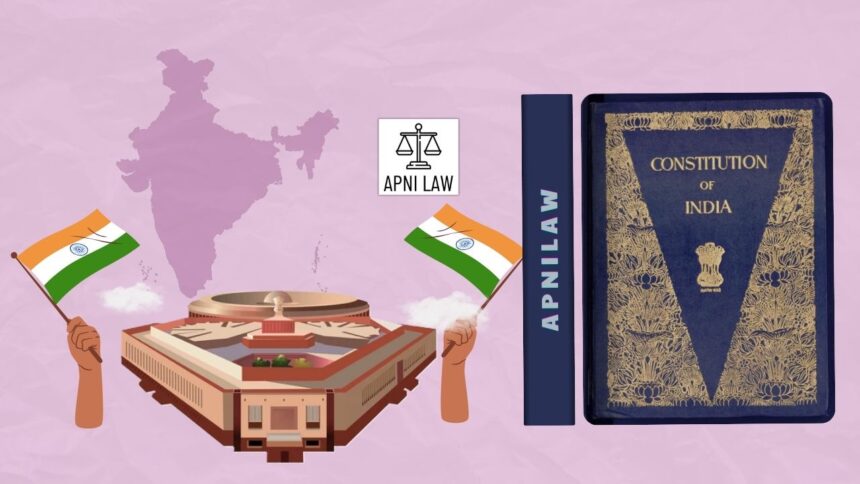Introduction
The Constitution of India carefully balances the relationship between education and religion. While guaranteeing the freedom of religion, it also ensures that no one is forced to follow religious teachings against their will. Article 28 reflects this principle by dealing with religious instruction in educational institutions. It safeguards the rights of students and their families by protecting them from compulsion, while also allowing institutions with a religious character to provide such education within specific limits.
Text of Article 28
Article 28 states that no religious instruction shall be provided in any educational institution wholly maintained out of state funds. However, institutions administered by the state but established under endowments or trusts that require imparting religious instruction are exempt from this restriction. Additionally, in institutions recognized by the state or receiving aid from it, no student can be forced to take part in religious instruction or attend worship without their consent, or, in the case of minors, without the consent of their guardians.
Meaning and Scope of Article 28
The main purpose of Article 28 is to maintain secularism in state-funded education. If an institution is fully financed by the state, it cannot impart religious instruction. This ensures that public money, contributed by people of all faiths, is not used to promote a particular religion. At the same time, institutions established under private endowments but managed by the state are allowed to continue religious education if it was part of the original trust or endowment.
The Article also covers institutions that are aided or recognized by the state. In such cases, religious instruction may be given, but attendance cannot be made compulsory. This strikes a balance by respecting the right of institutions to preserve their religious identity, while also protecting the personal freedom of students who may not wish to participate.
Judicial Interpretation of Article 28
Courts in India have played an important role in explaining the scope of Article 28. They have clarified that the provision seeks to prevent the misuse of state funds for religious promotion. At the same time, it allows space for cultural and religious diversity in privately funded institutions. The judiciary has emphasized that the principle of consent is central, and students cannot be coerced into attending religious instruction or worship.
Significance of Article 28
The significance of Article 28 lies in how it promotes secular education while respecting freedom of choice. It prevents the state from favoring any religion in schools and colleges it runs, which is essential in a country as diverse as India. At the same time, it respects the rights of minority and private institutions to maintain their religious traditions, provided participation in such activities is voluntary.
By protecting students from compulsion, Article 28 also reinforces the broader constitutional guarantee of freedom of conscience under Article 25. It ensures that education remains a tool for enlightenment and not for religious indoctrination, unless chosen voluntarily.
Modern Relevance of Article 28
In today’s India, Article 28 continues to be relevant as debates about religion and education often arise. The provision ensures that the secular character of public education is preserved. At the same time, it reassures parents and guardians that their children will not be forced into religious practices in schools funded or recognized by the state. It also reflects the Constitution’s commitment to both individual freedom and cultural diversity.
Frequently Asked Questions
Q1. Can government schools provide religious instruction under Article 28?
No, government schools that are entirely funded by the state cannot impart religious instruction, as it would violate the secular character of education.
Q2. What about schools run by religious trusts but receiving government aid?
Such schools may provide religious instruction, but attendance cannot be made compulsory. Students have the right to opt out without facing any penalty.
Q3. How does Article 28 protect the rights of students?
It ensures that no student is compelled to take part in religious education or worship against their will, thereby protecting freedom of conscience and personal choice.
Conclusion
Article 28 of the Indian Constitution is an important safeguard of secularism in education. It prohibits religious instruction in state-funded institutions, permits it in certain trust-based or aided institutions, and above all, ensures that participation is voluntary. This balance between neutrality of the state and respect for religious traditions reflects the Constitution’s inclusive spirit. By protecting students from compulsion, Article 28 upholds the principle that education should enlighten minds without interfering with personal faith.
For any specific query call at +91 – 8569843472







